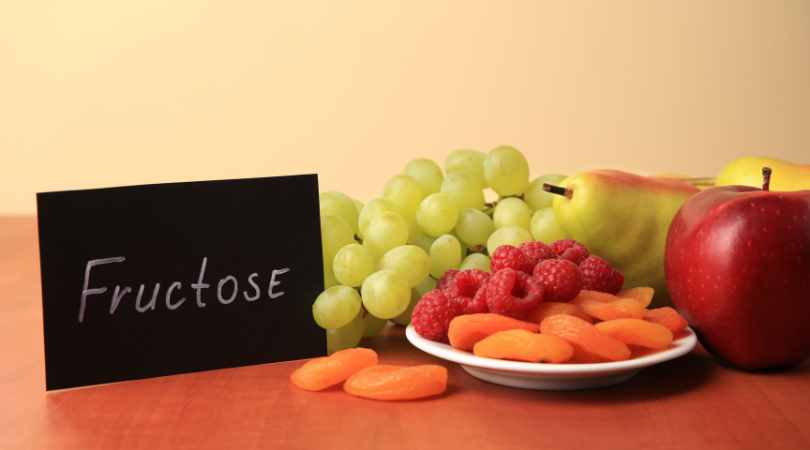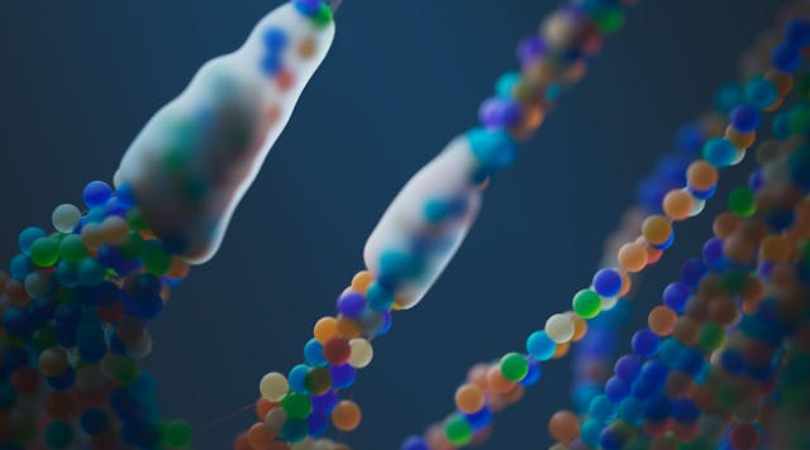Scientists have successfully restored the lost uricase enzyme, a key breakthrough in combating fructose-induced fat formation. This discovery offers new hope for preventing obesity and metabolic disorders by targeting how the body processes sugar and stores fat.
Limited Quantities Available! Order Today and Enjoy Free Shipping on Orders Over $100!
Fructose as a Natural Survival Aid in Animals and Its Misuse in Human Diets

Fructose, a naturally occurring sugar found in many plants, plays a crucial role in the survival strategies of various animals, including humans. In nature, fructose’s functions are crucial for survival, leveraging unique biochemical properties to support energy management, hydration, and adaptation to environmental stressors. However, the way humans consume fructose today, primarily through processed foods and sweetened beverages, leads to health complications. This blog explores how fructose functions as a survival aid in animals and draws a distinction between its natural benefits and the consequences of its overconsumption in human diets.
Fructose’s Role in Animal Survival
1. Energy Management and Hunger Mechanisms
- Stimulating Hunger: In animals, fructose can lower ATP levels, creating a hunger signal that encourages continuous foraging. This mechanism ensures that animals stay energized and motivated to find food, crucial for survival in the wild.
- Fat and Glycogen Storage: Animals use fructose to build up stores of fat and glycogen. These stores are vital, providing energy during periods when food is scarce. Glycogen, particularly, offers a quick energy source during sudden bursts of activity, essential for predator evasion or hunting.
2. Adaptive Behaviors for Survival
Foraging and Risk-Taking: Fructose consumption supports risk-taking and rapid decision-making in animals. These behaviors are advantageous when exploring unfamiliar territories or in competitive situations where food resources are contested.
3. Hydration and Salt Balance
- Thirst Induction: By affecting glycogen storage, fructose can induce a state that mimics dehydration, prompting animals to increase their water intake, which is crucial for maintaining fluid balance and physiological functions.
- Salt Retention: Fructose aids in salt retention through its effects on kidney functions, helping animals maintain essential mineral balances that support nerve function and muscle contraction.
4. Supporting Circulatory and Immune Functions
- Blood Pressure and Circulation: Elevated blood pressure, facilitated by fructose, ensures that blood effectively reaches all body parts, vital during dehydration or when environmental conditions limit resource availability.
- Low-grade Inflammation: This biological response helps animals fend off infections and recover from wounds, providing a survival advantage in hostile environments.
The Contrast with Human Consumption
1. Excess Intake and Health Implications
- Metabolic Dysfunctions: Unlike the moderated consumption seen in wildlife, humans often consume fructose in large amounts, leading to obesity, diabetes, and other metabolic syndromes.
- Liver Stress: Excessive fructose overwhelms human liver capabilities, leading to conditions like non-alcoholic fatty liver disease, which is rare in wild animals due to their balanced diets.
2. Lifestyle and Diet Discrepancies
- Natural vs. Processed: Animals typically consume fructose from natural sources like fruits, which also provide fiber, vitamins, and minerals. In contrast, humans often intake fructose from processed foods, which lack these beneficial nutrients and are consumed in much larger quantities.
3. Loss of Natural Moderation Mechanisms
- Human Overconsumption: The natural mechanisms that regulate hunger and energy usage are often overridden in humans by constant access to high-fructose foods, leading to chronic health issues that are not seen in the wild.
Conclusion
Fructose, in its natural form and consumed in moderation, supports survival and adaptation in animals by promoting energy storage, stimulating necessary behaviors, and maintaining vital physiological functions. However, the human dietary landscape has transformed fructose into a health liability rather than an aid. Recognizing the disparity between natural fructose consumption and modern dietary habits can help mitigate the adverse health effects associated with its excess intake, aligning human health closer to the balance seen in nature.
Disclaimer: The information in this blog reflects personal opinions, experiences, and emerging research. It is not intended as medical or professional advice and should not replace consultation with qualified professionals. The accuracy of this content is not guaranteed. Always seek guidance from a licensed expert before making any health-related decisions.







